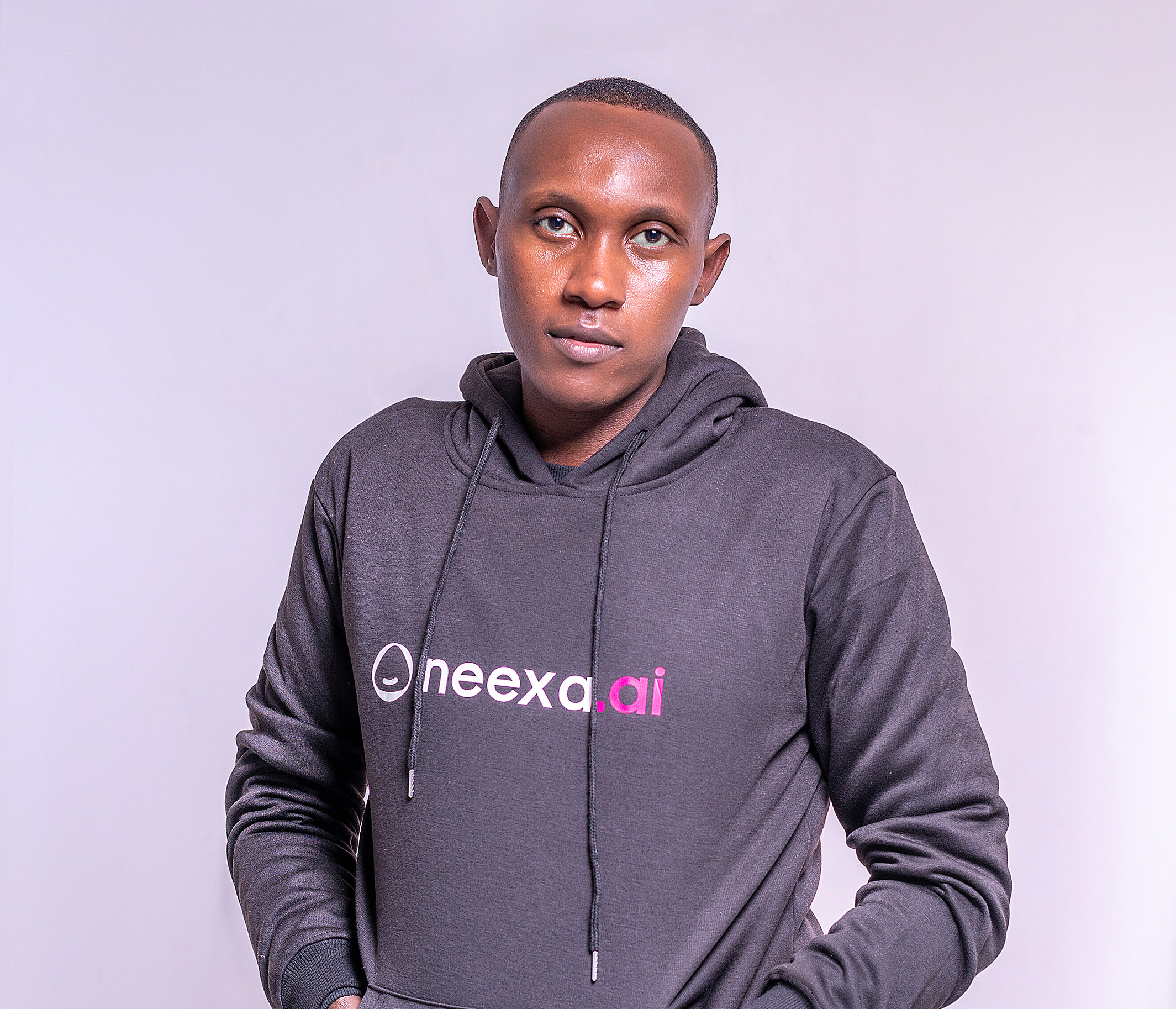I visited the Victoria University website to make a few inquiries at around 4 AM in the early morning. When the page finished loading, I saw an AI assistant called…
Why Ugandan Businesses Are Using Ethan Bampaire’s Neexa AI to Improve Customer Service and Sales.


